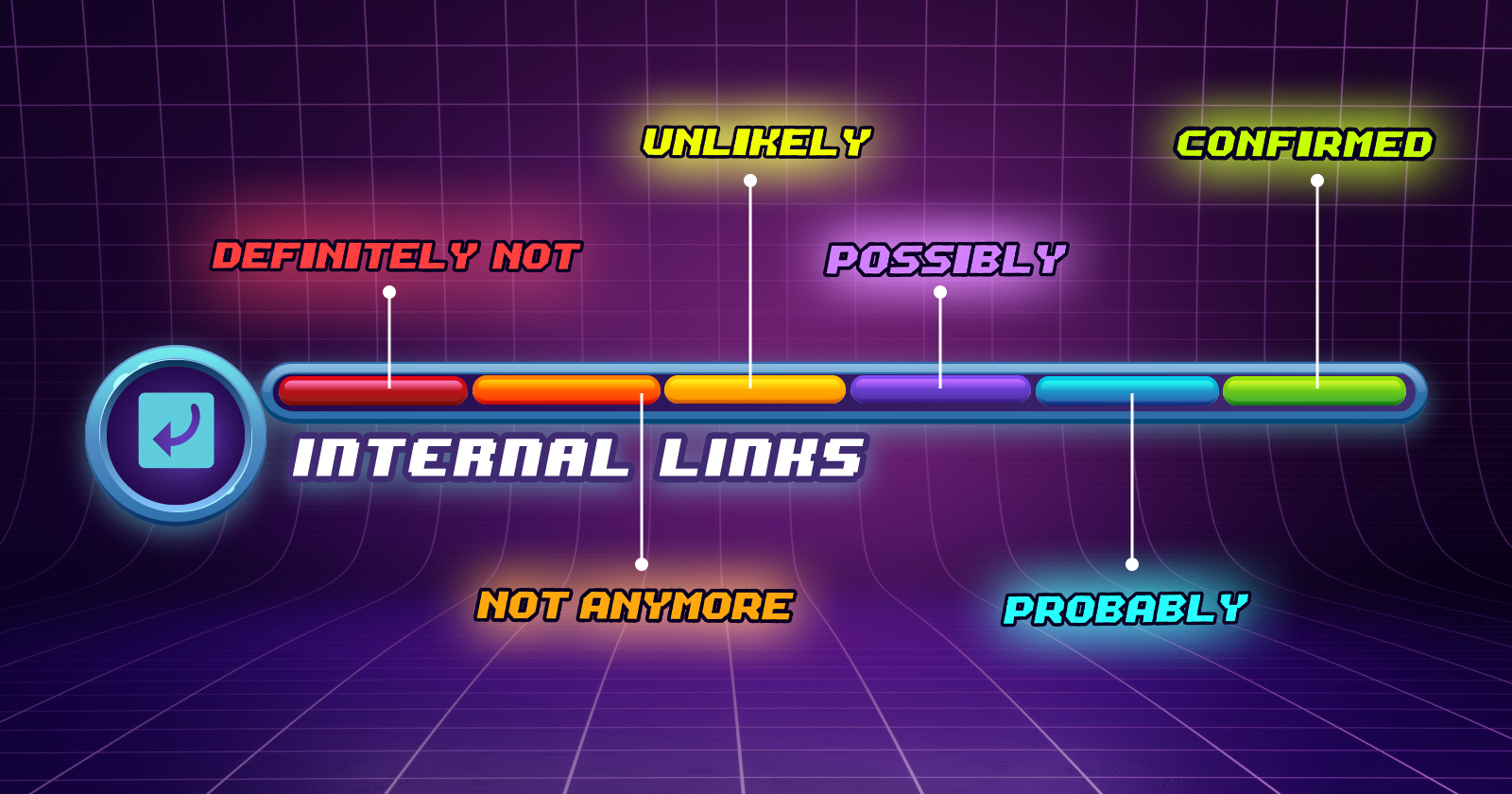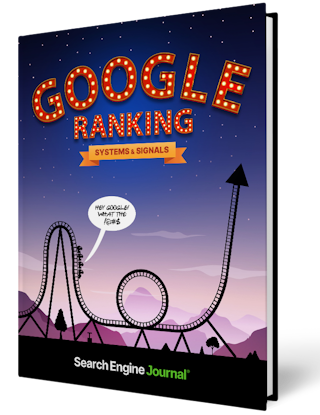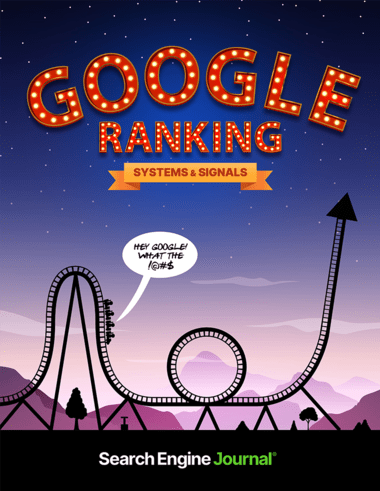The fourth edition of Ranking Factors is here! It got a little makeover both in looks and content inside. And, for the first time, we’ve put all the factors into a sortable sheet to find the info you need, faster.
Check out some of the other updates to this latest edition…
We all know that Google is understandably secretive about ranking signals and systems, and the public documentation can be vague.
More than 200 hours went into researching and gathering our findings on the signals that have been officially declared, at one point or another in time, as Google ranking factors – and now you can read the results!

Use our R.F.M. (Ranking Factor Meter) to detect which category each of the supposed ranking signals fall into:
- Confirmed: There is direct confirmation from Google, or someone who works at Google, that this signal is used for ranking.
- Probably: There is a strong amount of evidence (e.g., public comments, patents, third-party data) indicating Google uses this ranking signal, though neither Google, nor a representative of Google, has officially confirmed it.
- Possibly: There is some evidence that Google is using this signal, but no official confirmation from a Google rep and/or conflicting/unreliable data.
- Unlikely: This signal hasn’t been ruled out completely, but there is little/no evidence that Google is using, or has used it, to rank results.
- Not Anymore: This used to be a ranking signal but is now outdated or no longer used by Google.
- Definitely Not: A ridiculous idea with zero evidence – or even direct refutation by Google – that this signal is used for ranking.
Our team has done its best to prioritize facts (e.g., documentation & patents, statements from Googlers, reputable third-party testing) over guesses and speculation.
Through expert insights and analysis, we unravel the mysteries behind the recent ranking trends and explore the underlying forces driving this disruption.
Topics Covered:
- Why Is Search Full Of Spam?
- What Are The Top Ranking Factors That SEO Pros Can Rely On Right Now?
- Where Does Your Best Content Belong?
- Making Sense Of Ranking
Experts Featured:
- Adam Riemer
- Aleh Barysevich
- Andrea Volpini
- Dan Taylor
- Erika Varangouli
- Helen Pollitt
- Kevin Indig
- Kevin Rowe
- Ludwig Makhyan
- Mordy Oberstein
- Scott Stouffer
In this ever-changing industry, it’s more crucial than ever to adapt your strategies and gain a deeper understanding of the factors shaping the search engine results pages (SERPs).
And, for quick reference there’s a template with a sortable list of ranking factors.


